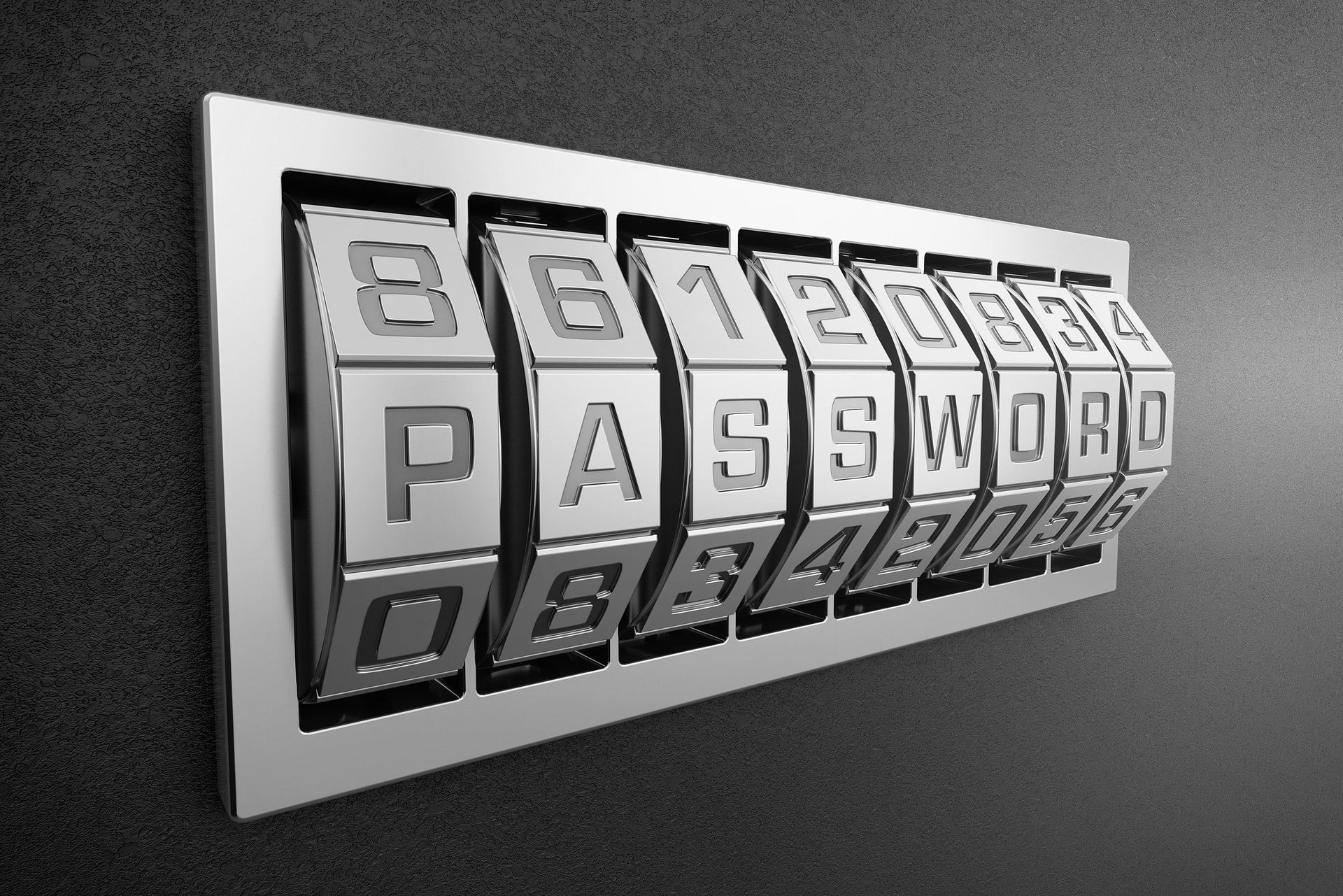Five Password Misconceptions That Should Be Dispelled

We don’t need to take a detour into what passwords are, or why you need them before we get into the gist of this post. Passwords are everywhere, but everyone may not know how they work.
Here are some of the common myths about password technology in 2020.
Myth 1 – Longer is Always Better
The main reason behind asking people to use a longer password is because it makes it harder for a hacker to guess – even if they were trying to hack you via a complex algorithm. The number of combinations and permutations a computer would have to make to guess a 4-character password would be much less than what it would need for a 10-character password.
However, that does not mean slipping extra characters into a password gets you out of danger all of the time. To put things in context, a password like ‘Password12345’ is long but it is nowhere near as secure as ‘M$a&r10_J4Y.’
Myth 2 – Passwords Are Going Extinct
Like every other piece of technology, it is only natural that passwords will be improved eventually. By passwords, we mean a secure way of gaining access to your assets, device, and accounts. The only challenge is that passwords are the only form of security that has stood the test of time.
Biometrics has created some excitement in the security scene. Facial unlocking systems, voice recognition modules, and fingerprint scanners are commonplace on phones nowadays. The interesting thing about all this is that a password is still required at the base of it all.
No matter how many extra layers of security come up, a password will always have a place.
Myth 3 – Password Habits Will Improve
In a world where most people know the effects of poor password habits, you would think that using strong passwords would become the norm.
Shockingly, the case is quite the opposite.
A recent study conducted by SailPoint shows that young employees, who should be the ones with the best password practices due to their tech-savviness, have some of the poorest password habits. If that study is anything to go by, the trend of bad password management will keep getting more commonplace.
Myth 4 – Passwords Alone Give You the Best Security
We didn’t want to be the ones to tell you this, but it has to be said:
There is no single password on earth that gives you the best security.
When you generate a strong password, you are only delaying what could be an attack on your device by:
- Making it harder for a hacker to guess the password.
- Protecting your account against a brute force attack (which can hack countless passwords in mere seconds).
When a dedicated hacker with the right tools is interested in your personal business, though, there is almost nothing you can do. If you think we are joking, Edward Snowden knows that a modern computer can pull out your 8-character password in about one second.
Myth 5 – Your Passwords Are Absolutely Safe With Large Companies
Before we say anything else, let’s imagine this scenario:
Say, you are a hacker with an algorithm that could hack billions of accounts in one go. Would you prefer to hack your local record store or a company with higher financial value?
Well, there you have it. After all, everyone wants a huge payday.
That is why your passwords are not always safe with large companies. For WiFi hotspot devices, make sure you change or reset JioFi password regularly. Even though they will do all they can to protect your password from hackers, they sometimes fall into the very ditch they are avoiding. If you don’t believe us, here is some data. 57 million accounts of Uber drivers and riders were hacked in 2016, and 3 billion Yahoo accounts were hacked in 2016, among many others.
Final Words
The above points are not to diminish your trust in passwords or make you stop using them altogether. If anything, they are here to let you know how important good password practices are, and to keep you prepared for anything that might come your way.